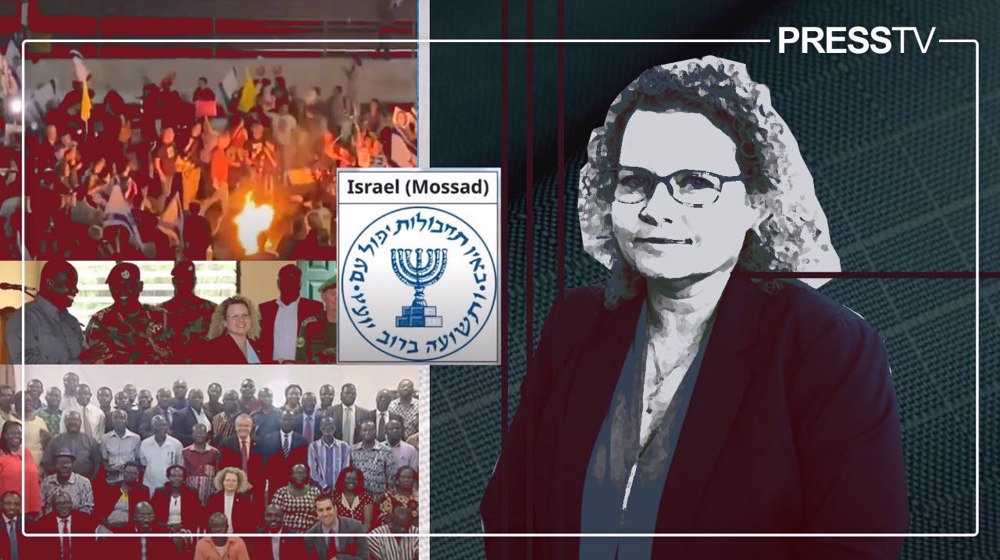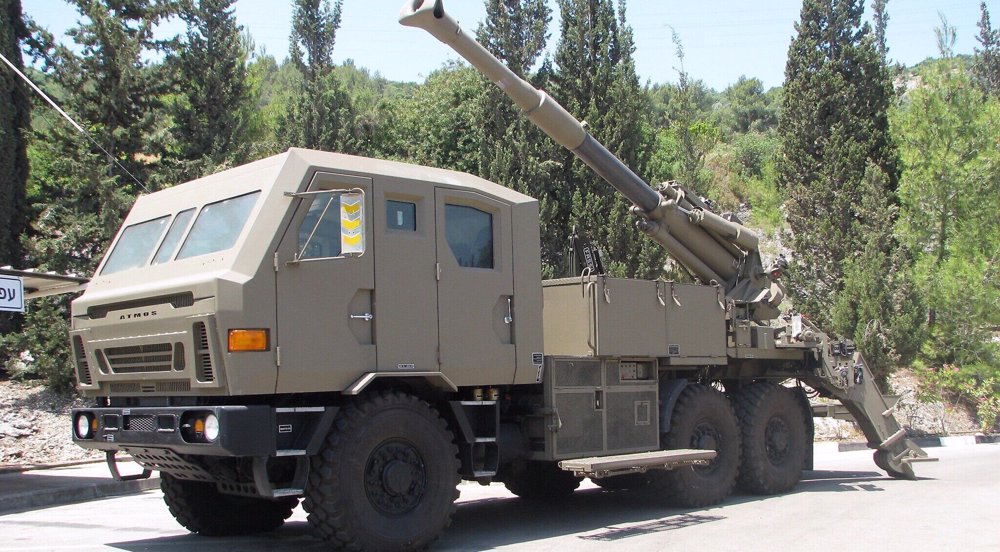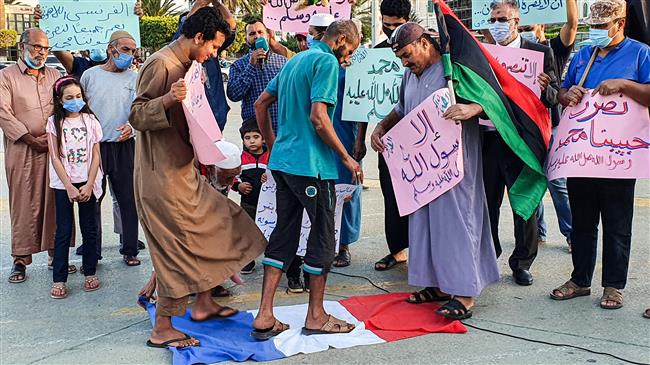UN envoy hopeful of agreement on Libya election date as UNSC ratifies truce
The United Nations (UN)’s acting Libya envoy has expressed hope that the upcoming political talks between warring parties in the North African country will result in the setting of a date for national elections, as diplomats say the UN Security Council has ratified the recently announced truce.
“What resonates is a clear and direct desire for there to be elections in as rapid a timeframe as possible,” Stephanie Williams said on Tuesday, cautioning, however, that the foreign governments involved in the conflict may undermine the peace talks.
“I hope we hear more voices in the international community pushing, pressuring both the internal and external actors to take advantage of this very positive dynamic,” Williams emphasized, referring to the momentum of the talks following a ceasefire agreement between the Libyan warring factions that was reached on October 23.
“Whatever executive authority they agree on really needs to have a clear focus: preparing for the elections,” Williams said. “I do fully expect there to be a date designated for elections.”
Also on Tuesday, the UN Security Council ratified the ceasefire and called on both sides to implement the agreement in full, diplomatic sources said as cited in press reports.
Libya has since 2014 been divided between the internationally-recognized government based in the capital, Tripoli, in the west, and a rebel faction based in the city of Tobruk in the east.
Last week in Geneva, the Tripoli-based government agreed to the truce with the eastern-based rebels, who are led by military strongman Khalifa Haftar.
Earlier ceasefires have collapsed in Libya and previous attempts to reach consensus on a wider political settlement have failed. Each warring side is sponsored by foreign states that have violated a UN arms embargo on Libya.
The Security Council further called on the two sides “to show the same determination in reaching a political solution” when they meet again to discuss the issue in Tunisia on November 9.
The UN has also indicated that it is imperative to agree on arrangements to hold elections as soon as possible during the talks, and to form a new unified leadership to oversee them.
Williams also revealed that representatives from Libya’s previous regime had been invited to the talks.
“We have learned from previous political processes not to exclude any political constituency and so, in this dialog, you do also have representation from the previous regime,” she said. “That’s why I’m much more optimistic because I think there’s more buy-in.”
According to reports, some Libyans have been critical of the list of 75 delegates invited to the political talks, insisting that they are not representative of the entire country.
Williams said that some in Libya’s political class may attempt to block progress but said “they are increasingly in a minority.”
Libya initially plunged into chaos in 2011, when a popular uprising and a NATO military intervention led to the ouster of long-time ruler Muammar Gaddafi.

Exposed: Shani Cooper, Israeli spy who masqueraded as a diplomat in Africa

Morocco signs deal with notorious Israel’s Elbit to buy ‘battle-tested’ arms: Report

Protests in Morocco as US-flagged ship carrying arms to Tel Aviv docks at Tangier
United in defense: Iranian civil activists warn US against war
Yemen conducts fresh operation against US warships in Red Sea
VIDEO | ‘Hands off!’ rallies sweep across US: Thousands assail Trump and Musk
VIDEO | Tens of thousands stage protest against EU's rearmament plan in Rome
VIDEO | Israel plans to erase Palestinian refugee camps, right to return
VIDEO | Palestinians in West Bank rally in solidarity with Gaza
Iran jet fuel use up by over 6% in year to March
VIDEO | Iraq to Yemen, Bush to Trump; ageless legacy of American death and destruction












 This makes it easy to access the Press TV website
This makes it easy to access the Press TV website